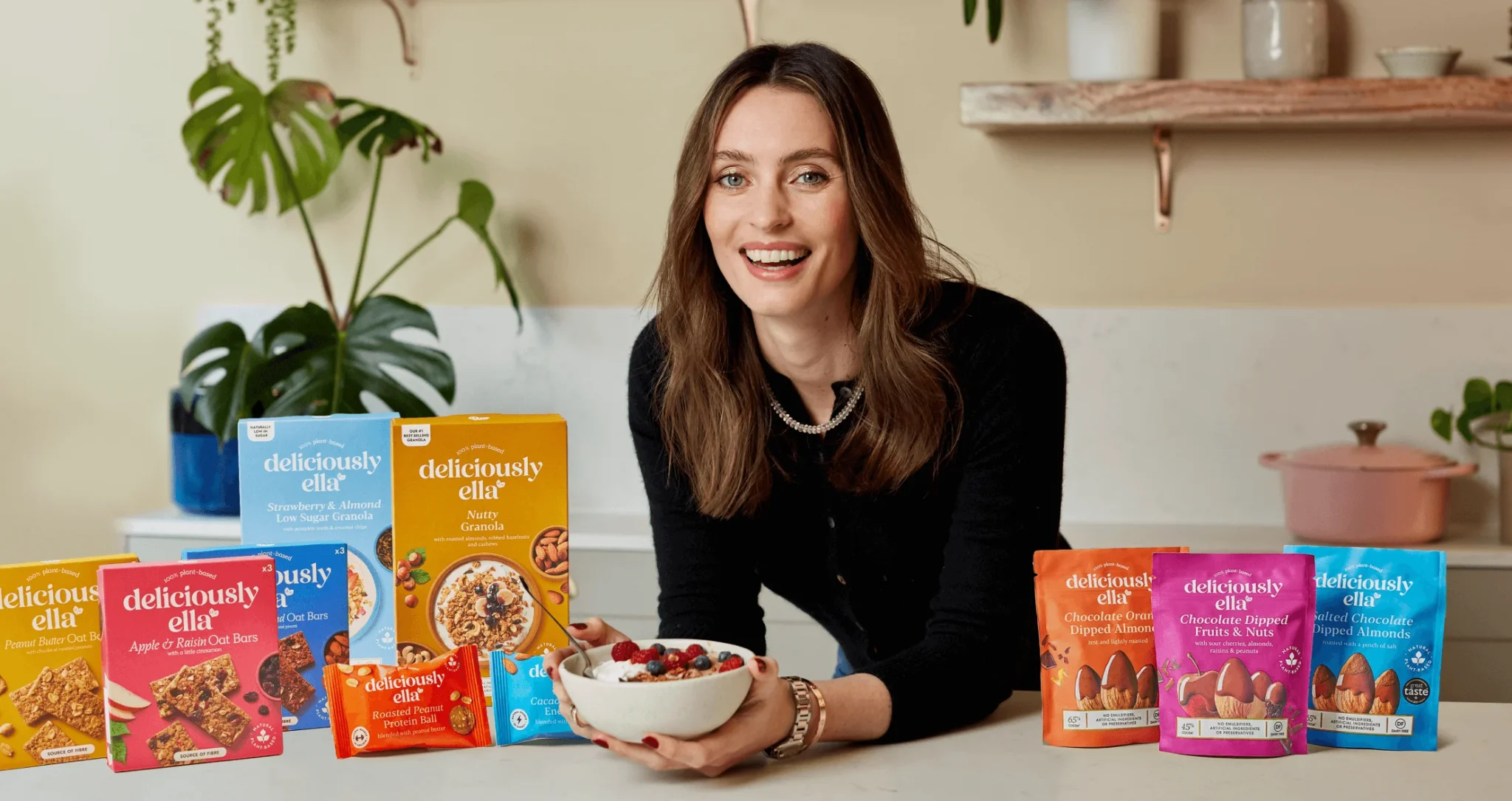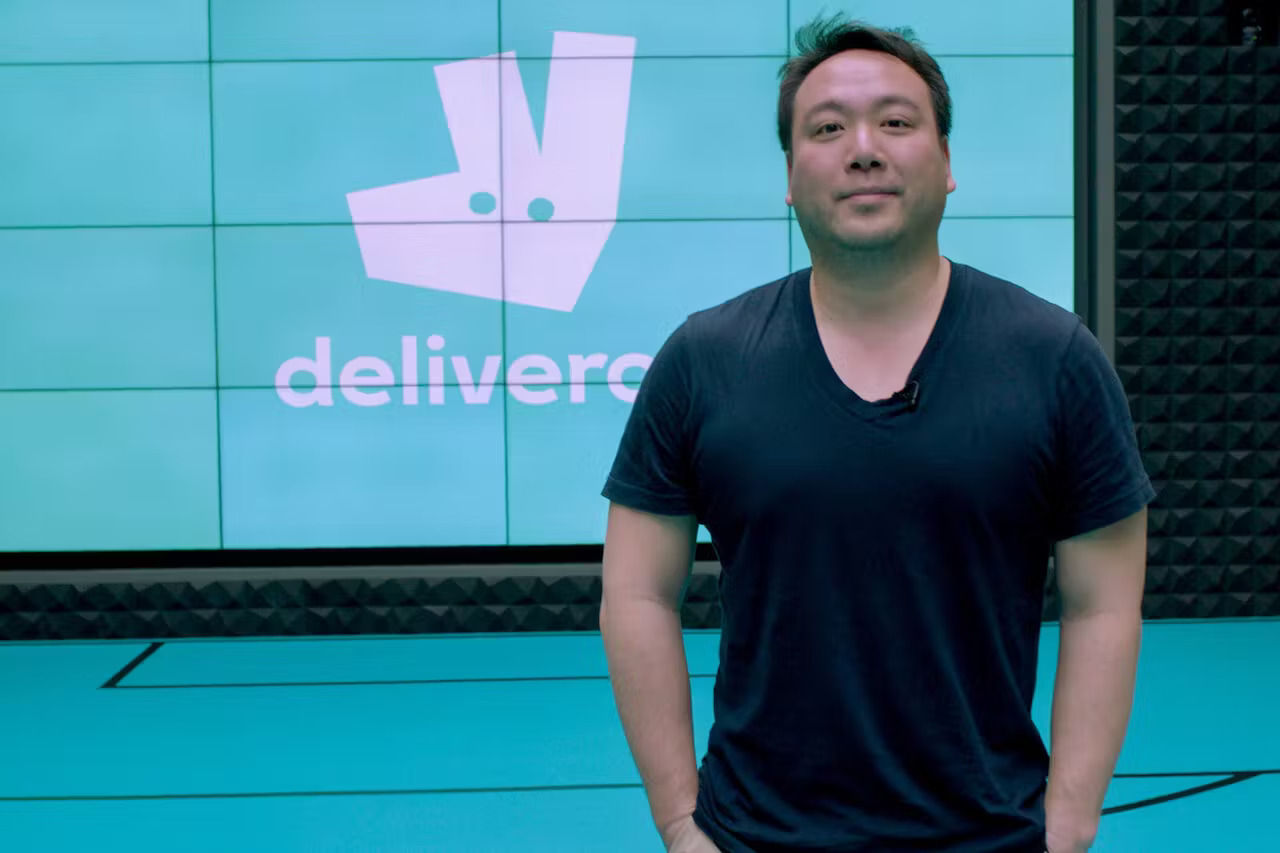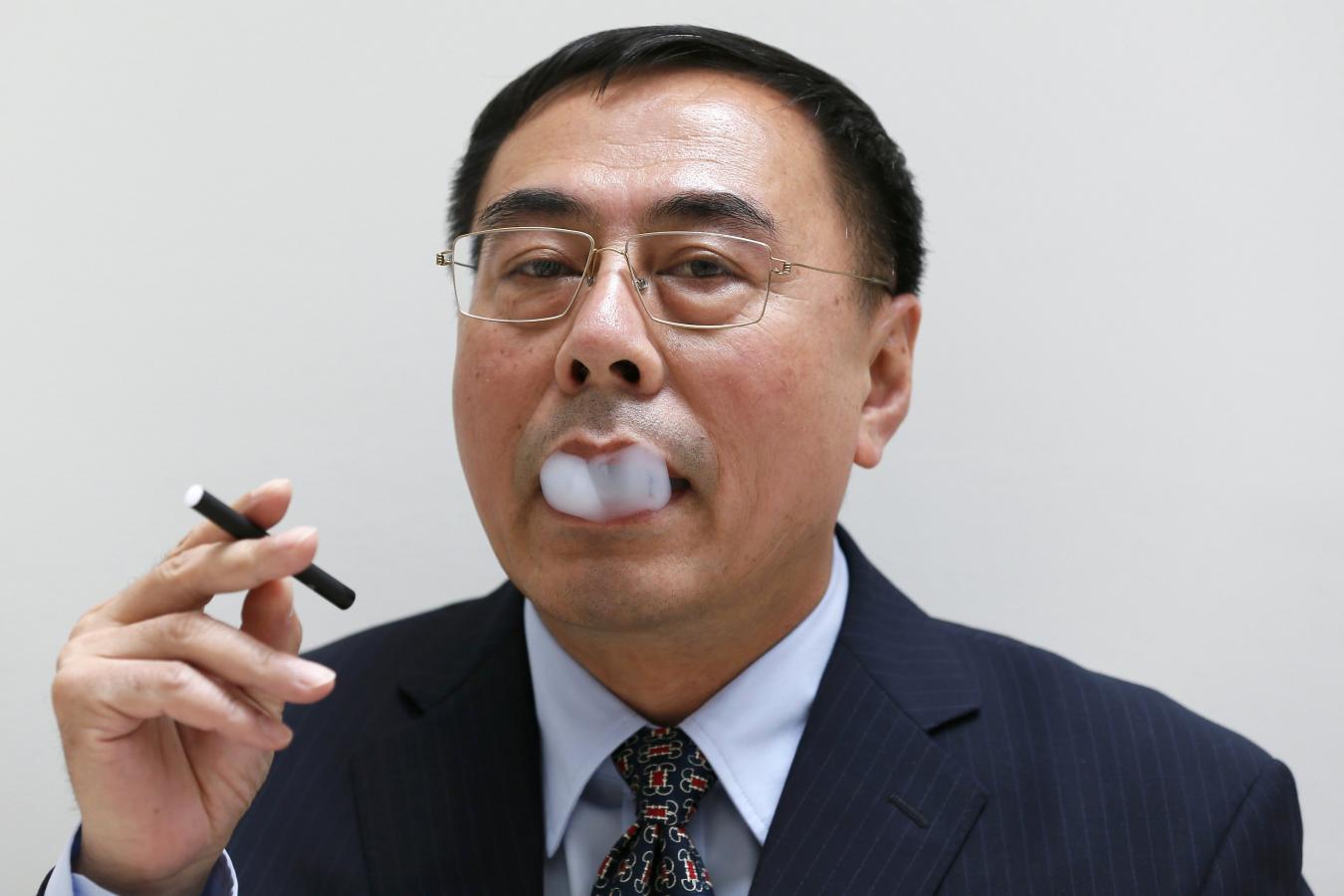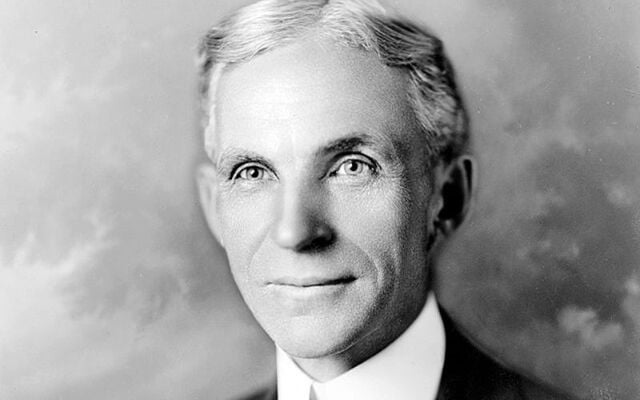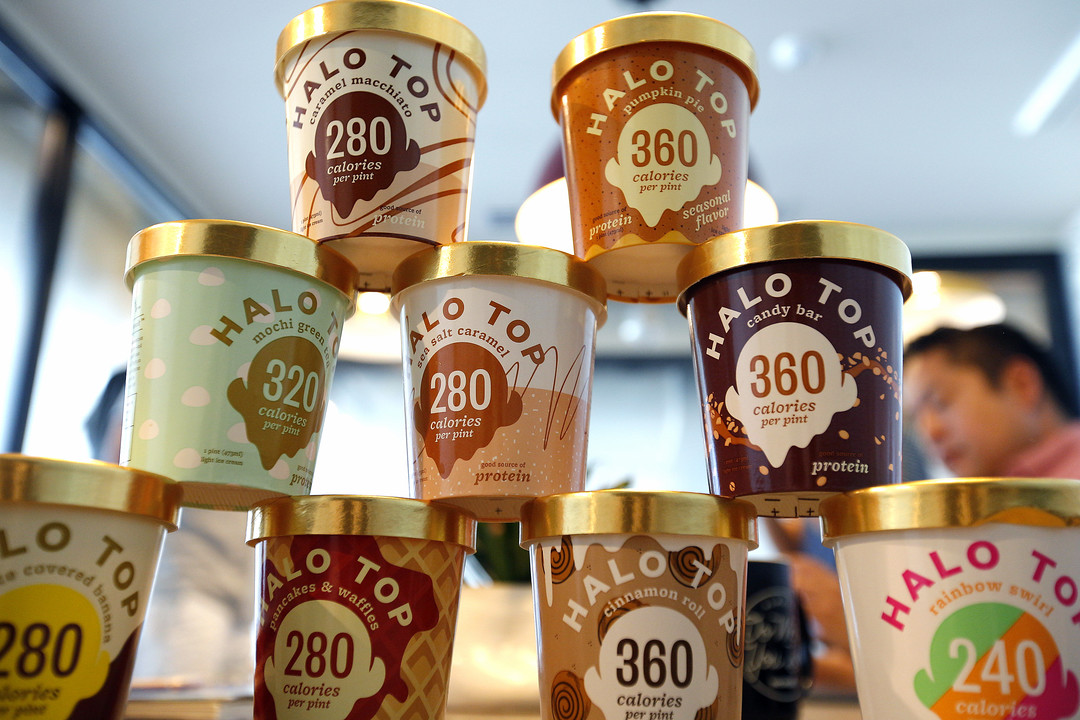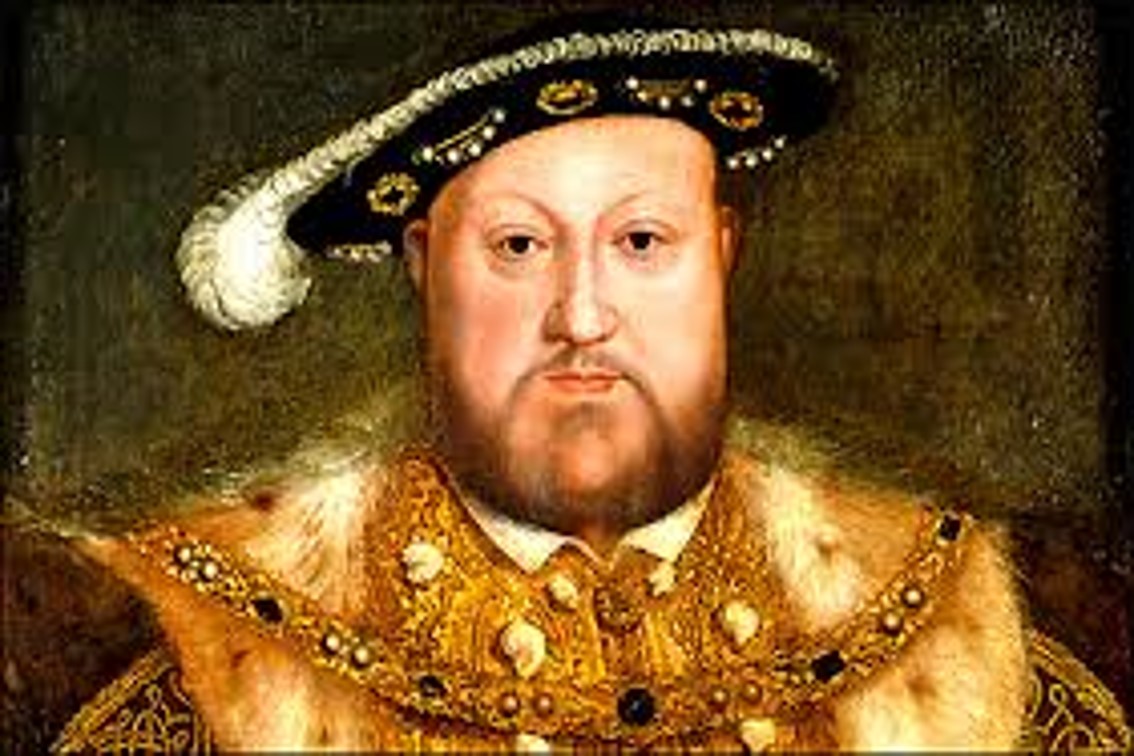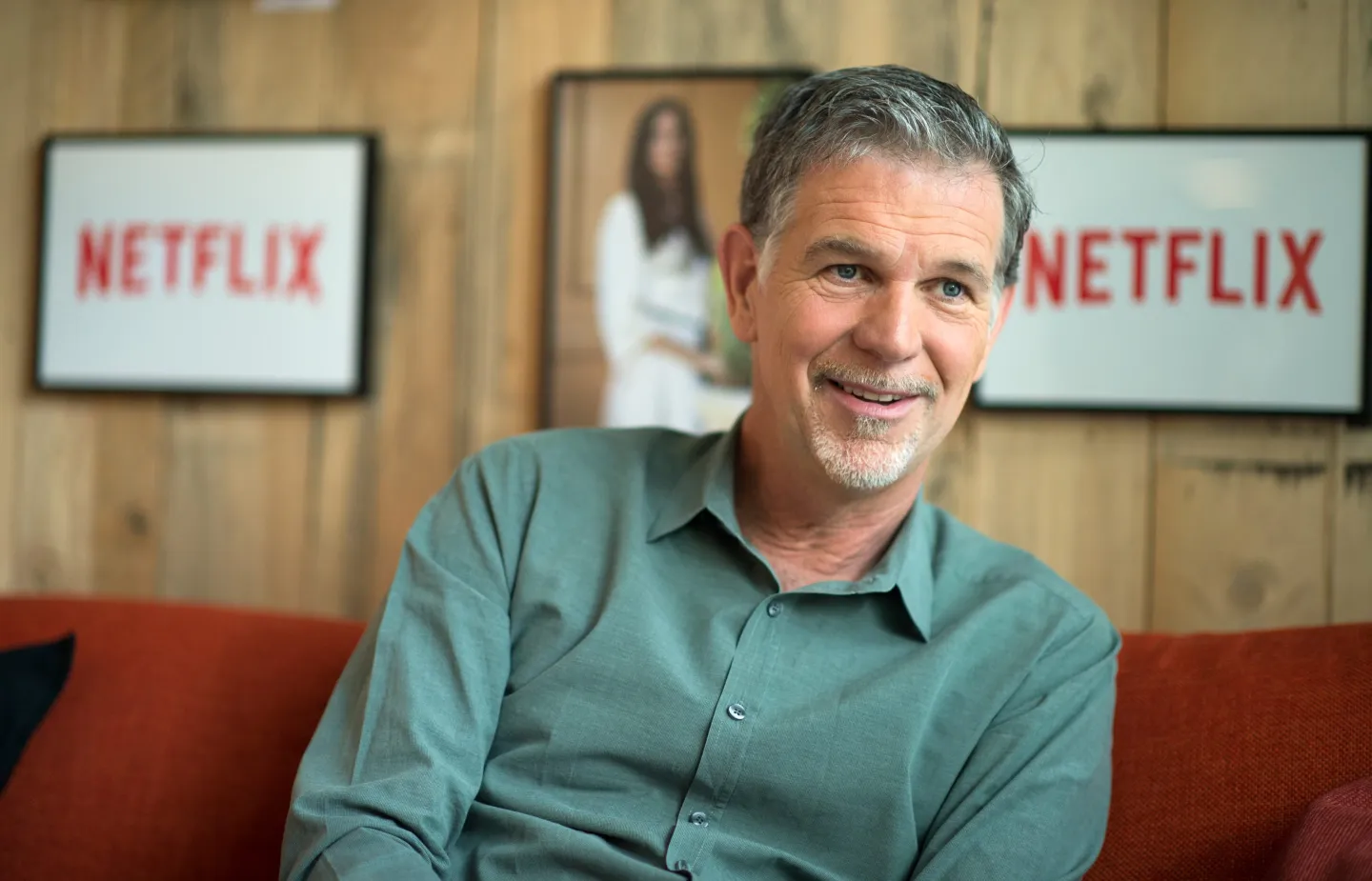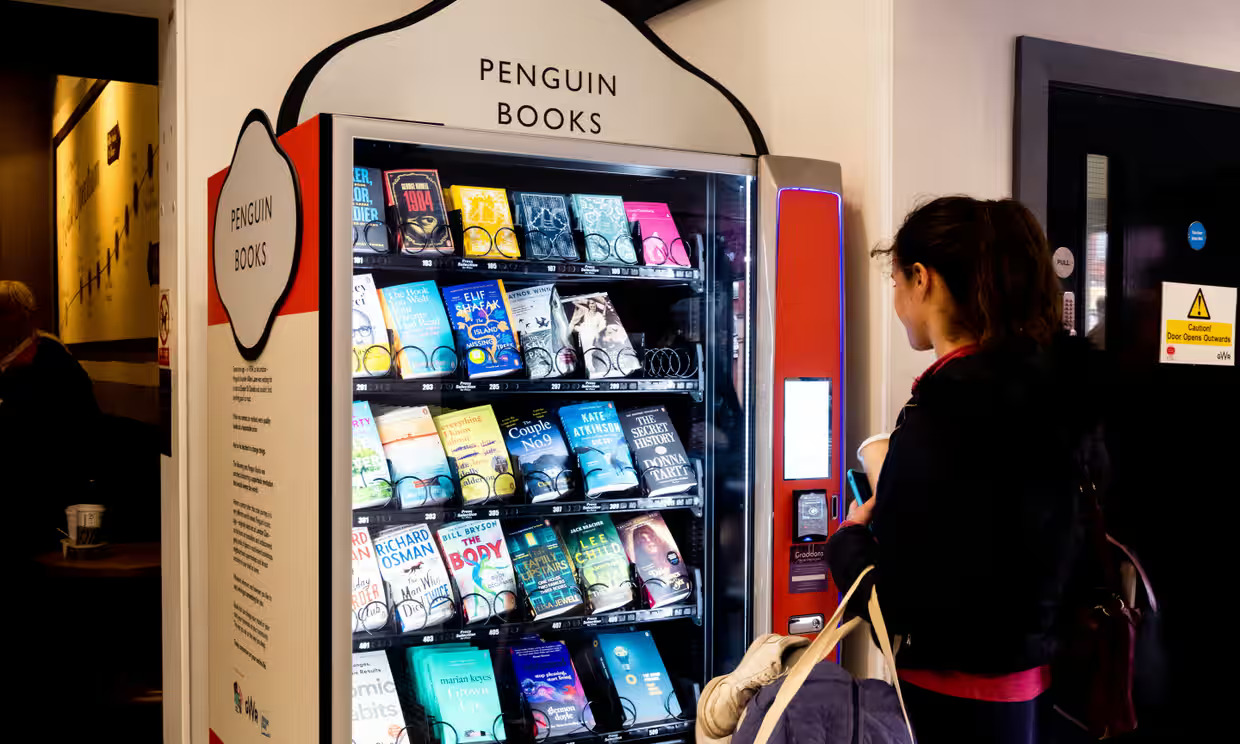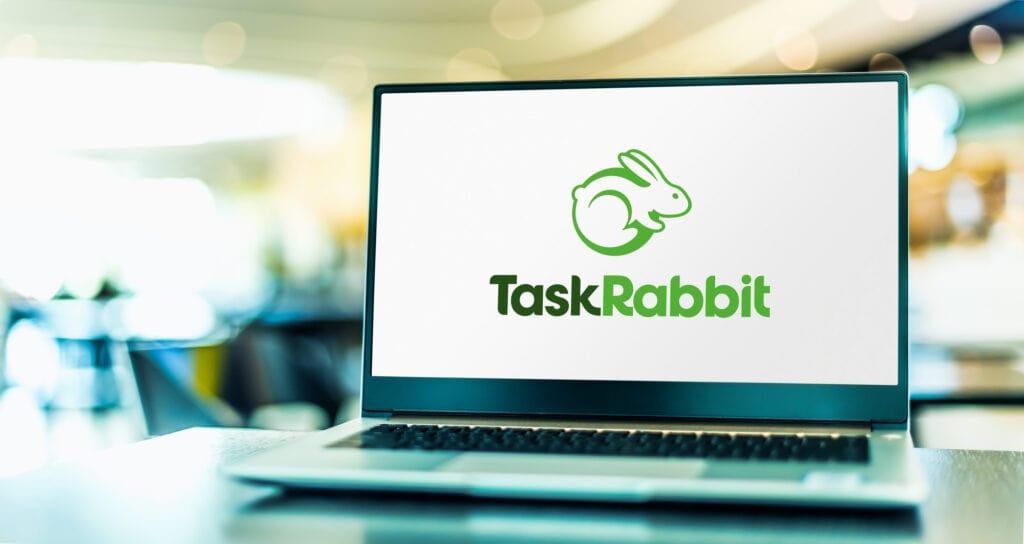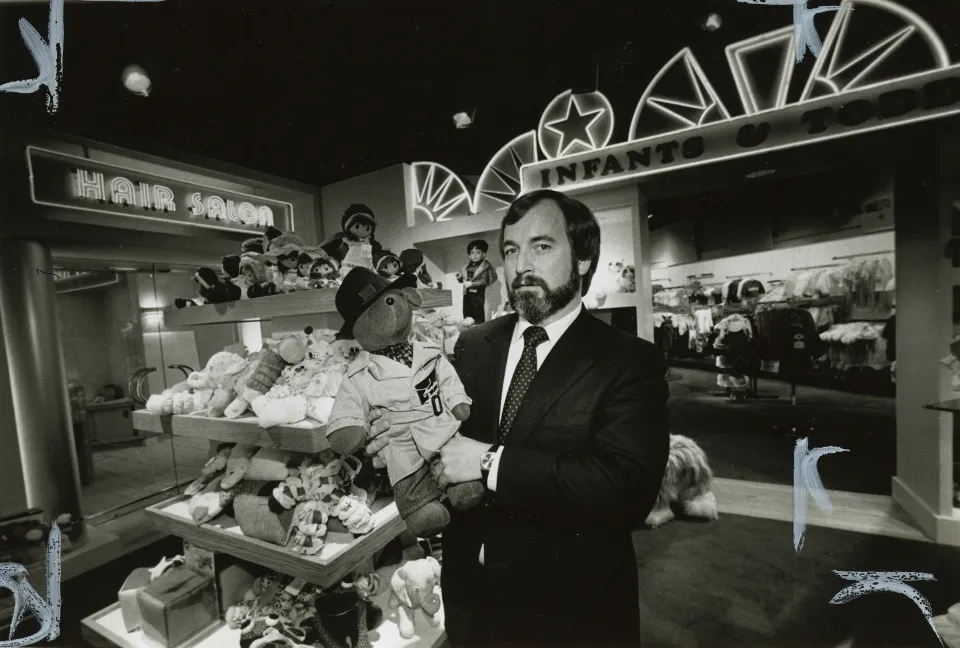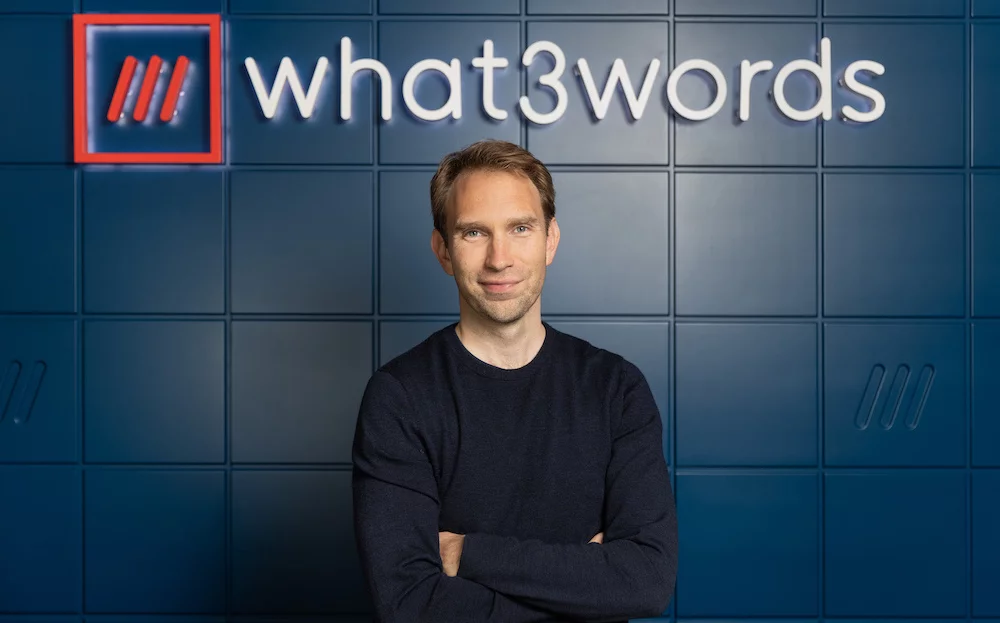Ella Mills founded the nutrition brand Deliciously Ella after she was incapacitated by PoTS (postural orthostatic tachycardia syndrome). Several hospital admissions and 25 types of medication failed to alleviate her suffering. It was only when she radically altered her diet, cutting out gluten and refined sugar, that she noticed improvements.
Selfish innovation
The best source of inspiration is our own frustrations.
Deliveroo came from an investment banker who wanted better delivery options when he was working late at the office.
Hon Lik invented the e-cigarette in an attempt to kick his own smoking habit. Unfortunately, he’s now a dual user.
Henry Ford invented the weekend so he could make more money. He made Saturday and Sunday days off for his staff as early as 1926, giving them the opportunity to spend their down time buying his cars.
GoPro was founded in 2002 by Nick Woodman, a surfer who wanted a better way to capture action photos of himself and his friends, leading to the development of a 35mm film camera strapped to the wrist (which became the first GoPro Hero).
In 1951, Sir Hugh Beaver, the then managing director of the Guinness Breweries, became involved in an argument over which was the fastest game bird in Europe, the golden plover or the red grouse. He realised that there was no book to settle the argument, and knew that there must have been numerous other questions debated nightly among the public. So he created the Guinness World Records.
Halo Top was started by an ex-lawyer who, in his own words, “just wanted to eat an entire pint of ice cream and not hate himself for it.”
We only have the Church of England because of one man’s personal problems: Henry VIII needed to free himself from his marriage to Catherine of Aragon, who had not provided him with a male heir. However, the Catholic Church continually refused to annul the marriage, so he set up an independent branch and declared himself leader.
Reed Hastings decided to start Netflix after being fined $40 at a Blockbuster store for being late to return a copy of Apollo 13.
In 1934, Sir Allen Lane was waiting at Exeter St Davids for a train back to London, and found himself without a book to read. All that was on offer at the station bookstall were magazines and Victorian reprints. He decided that high quality, engaging, and reasonably priced books should be available to everyone, anywhere. Next year, he created Penguin Books.
One evening, Leah Busque realised she had run out of dog food and was worried all the shops would be closed. “We were certain that there was someone in our own neighbourhood that would be willing to help us out, and it was just a matter of connecting with them.” A few months later, she created TaskRabbit.
Roy Raymond founded Victoria’s Secret so that he wouldn’t feel uncomfortable buying lingerie for his wife.
Waymap is a revolutionary navigation app that works underground and in crowds, when conventional services are notoriously unreliable. It was borne out the frustration of Tom Pey, who lost his sight after falling from a roof. “We saw that there was a problem for blind people, which actually mirrored a similar problem for everybody. Google Maps and its equivalents only work outdoors for some people, some of the time, and work indoors for no one.”
Chris Sheldrick, working as an event organizer, struggled to get bands and equipment to the appropriate entrances of large music venues. He knew something had to change, and so he created What3words.

